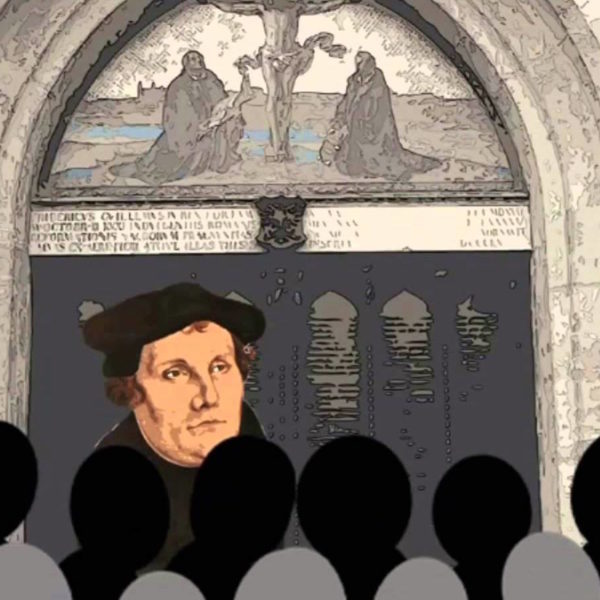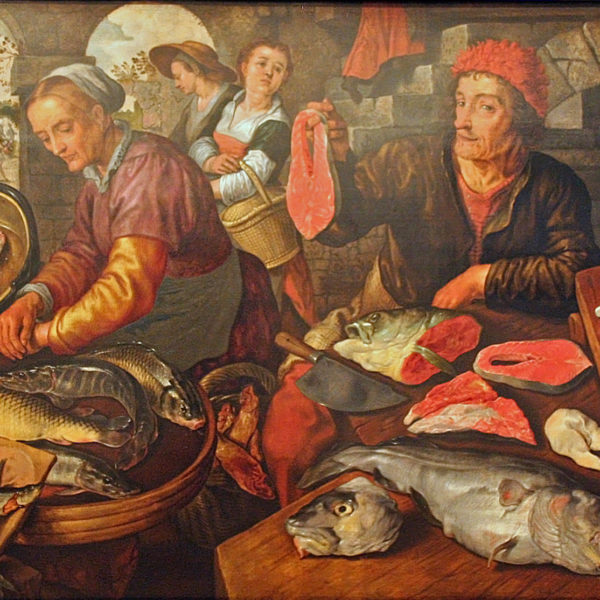
Christians worldwide are currently observing Lent, a penitential season of prayer, fasting, and almsgiving. Generally speaking, modern western Christians are prone to approach these disciplines as a matter of individual piety. But historically, these practices have carried much broader and more significant social, economic, and political implications. We often think of the Protestant Reformation as declaring an end to Lenten observance, and public fasts in general, but the reality is more complicated.
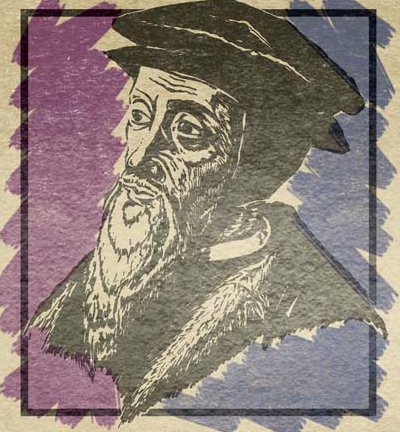
Parts of the world tremble again at religiously inspired revolutionary activity. Too easily do we forget that very similar forms of such activity have appeared in earlier periods of time, even if the content was somewhat different. Thus, in the nineteenth century, the socialists organised, while the anarchists threw bombs and carried out assassinations. And in the sixteenth century, Thomas Müntzer and the Peasants organised and theologised for the revolution, while the Anabaptists were seen as the extremists, the terrorists who had to be eliminated.
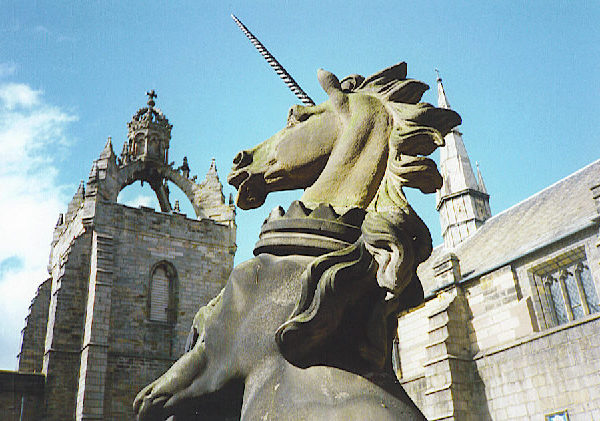
The University of Aberdeen is excited to announce an upcoming conference: “The Freedom of a Christian Ethicist: The Future of a Reformation Legacy.” Featuring Michael Banner, Brian Brock, Stanley Hauerwas, Jennifer Herdt, Paul Martens, Michael Mawson, Gerald McKenny, Rachel Muers, and Hans Ulrich, this promises to be a headline event in the field of Christian ethics this year.
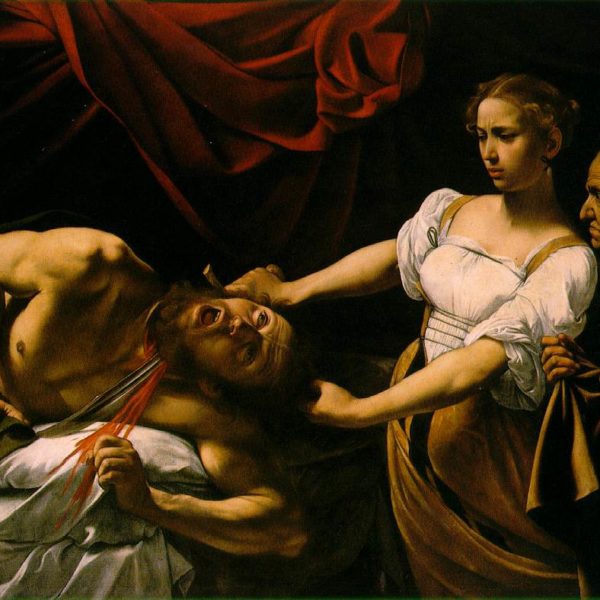
Romans 13:1-7 has stood as one of the most important texts throughout the history of Christian political thought, but like so many biblical texts, has proven capable of being put to the service of several different—even contradictory—ends. The 16th century in particular stimulated several different readings of the passage, readings which have continued to remain popular down to the present day.
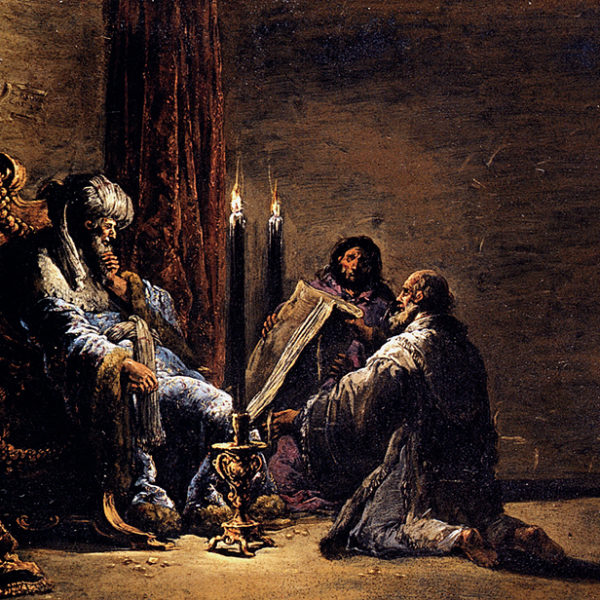
. . . Often much more important than what people argue is how people argue. . . . Many whom we may have hastily taken as kindred spirits, because they happen to have reached some conclusion we moderns take for granted, turn out on closer inspection to have been motivated by wholly different concerns, so that the convergence is largely illusory. Others, however, whom we might be apt to dismiss as barbaric for their unenlightened ideas, turn out to have been strikingly liberal-minded.
Viewed in the light of liberal commitments, Calvin’s chief error appears to be his presumption that the civil magistrate has not only the right, but the duty, to use his coercive office to enforce “piety.” As Calvin argues, the political ruler must recognize his duty “to cherish and protect the outward worship of God, to defend sound doctrine of piety and the position of the church” and to “form our social behavior to civil righteousness,” thus promoting social peace (Institutes 4.20.2). To liberals, of course, this appears dangerously intrusive.
In recent years, a number of theologians and legal historians have argued that the early modern Reformed tradition was a significant source for the development of various liberal doctrines. Scholars such as Nicholas Wolterstorff, David Little, and John Witte have traced modern doctrines of individual rights and the separation of church and state back to various Calvinist thinkers. Witte has been the most prolific, writing dozens of articles and several books on the topic over the past couple decades.
Few figures in the history of theology can boast as contested a legacy as Richard Hooker, the purported forefather of a protean via media that is redefined with dizzying frequency. Until recently, many readings of Hooker suffered from the insularity that characterized much of Anglican historiography, doggedly committed to the assumption that England had its own history, blissfully independent from goings-on on the Continent. So when historian Torrance Kirby suggested that in fact, Richard Hooker should be read as a theologian of the magisterial Reformation, he touched a raw nerve among Hooker scholars, generating a hostile backlash that, after two decades, shows no sign of letting up. Perhaps tellingly, none of the responses to Kirby and his followers has bothered to engage the thesis at the heart of his re-interpretation, that Hooker’s theological response to Puritanism rested throughout on his Protestant—indeed, Lutheran—two-kingdoms doctrine…
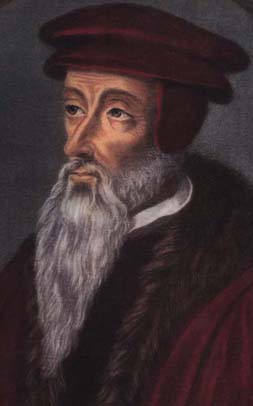
Unlike some other second-generation Reformers, we do not have to read between the lines to find a two-kingdoms doctrine in Calvin. On the contrary, he is far less ambiguous even than Luther in setting it out at the center of his theology, inviting the question of why Calvin studies have until recently largely ignored the theme. The doctrine appears in the all-important chapter III.19 of the Institutes, as Calvin concludes his discussion of justification and prepares to transition to his massive Bk. IV, entitled “The External Means or Aids By Which God Invites Us Into the Society of Christ and Holds Us Therein.” Inasmuch as Calvin scholarship has attended at all to his two-kingdoms idea, it has frequently assumed, as VanDrunen does, that in delineating the “two kingdoms,” Calvin intends to delineate the two distinct institutions within this sphere of external means—church and state. However, from a structural standpoint, it is more compelling to see his distinction of the two in III.19 as a center-post, with the “spiritual government” pointing back to his discussion of the inward reception of the grace of Christ in Book III, and the “temporal government” pointing forward to his discussion of the external means in Bk. IV—on this basis, both the visibly-organized church and the state would constitute external means in the temporal kingdom. Certainly Calvin’s word choice in describing the two seems to bear out such a reading…
